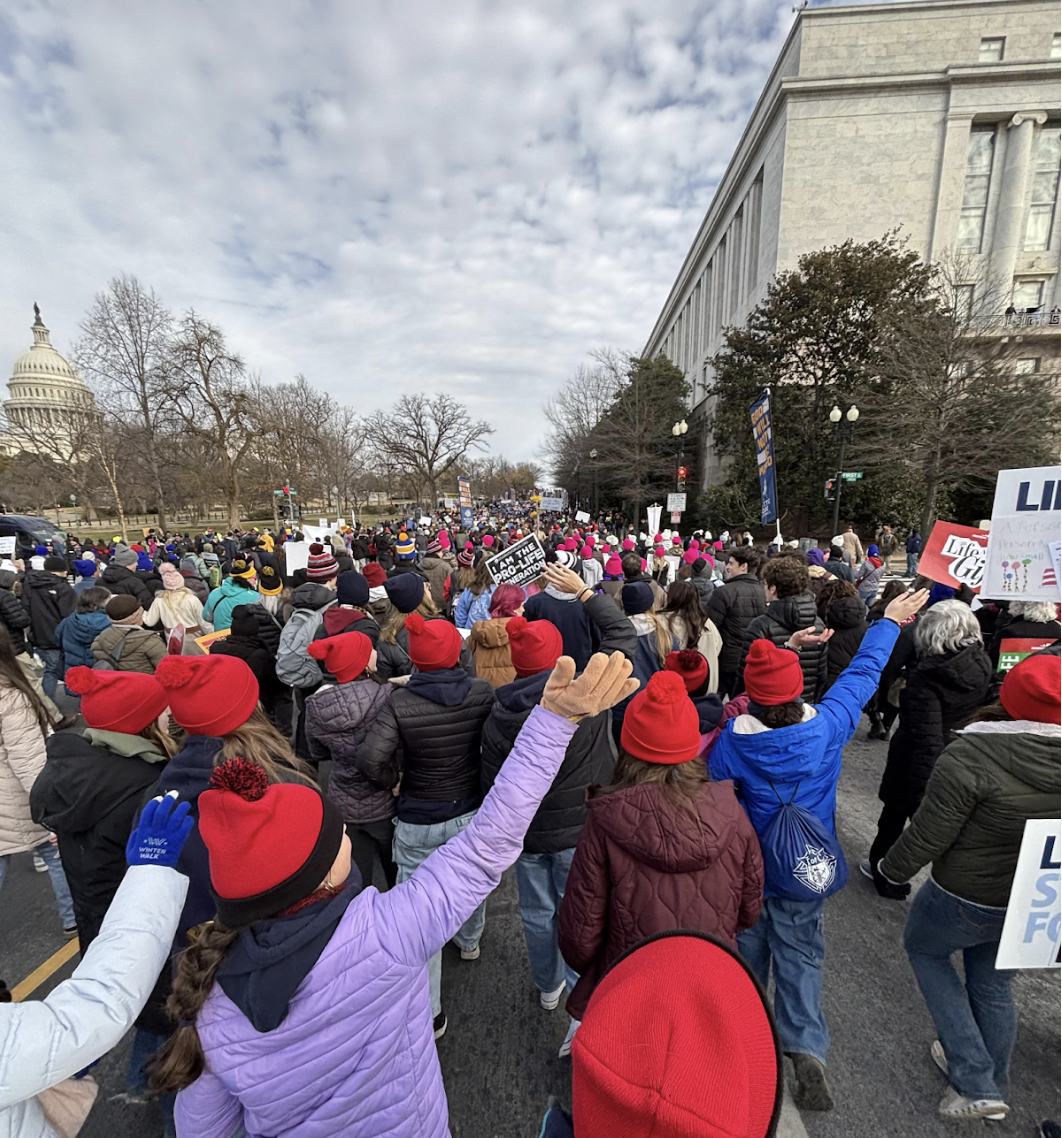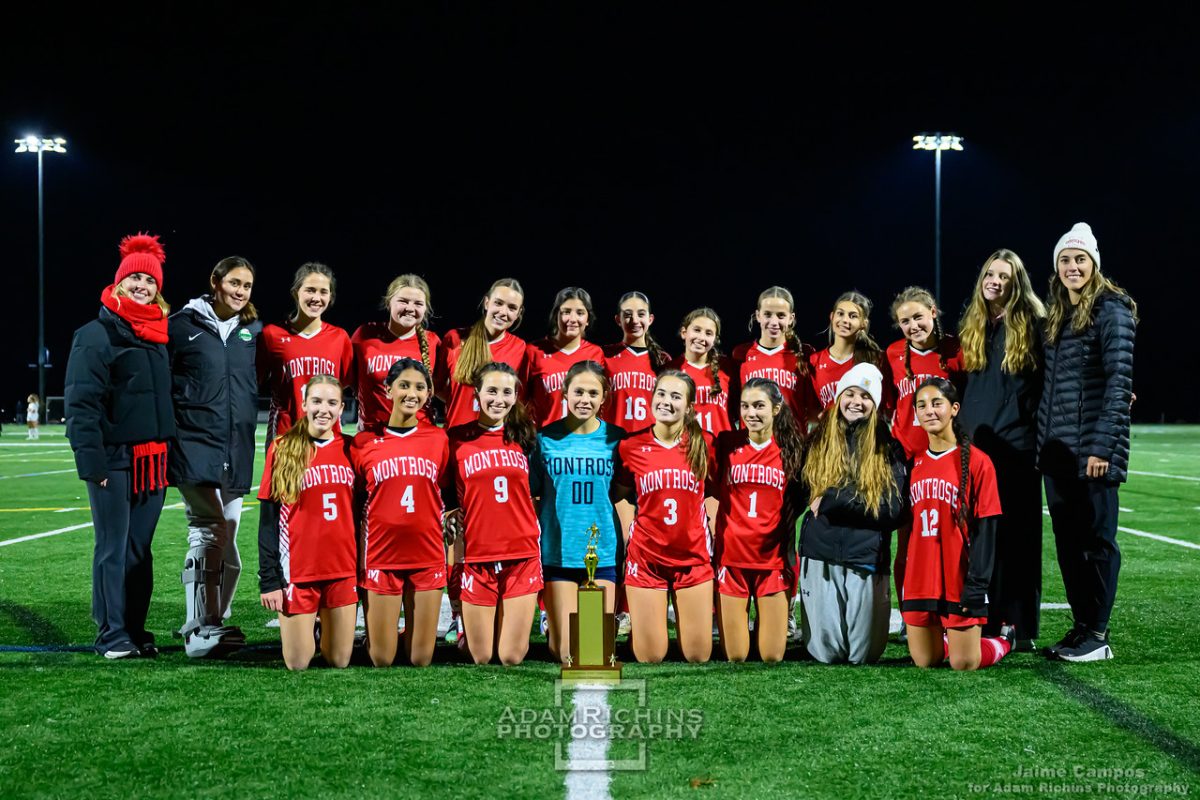In the aftermath of the 2024 presidential election, an interesting pattern arose: Vice President Kamala Harris fell short in several states where other Democrats—Senate and gubernatorial candidates—won decisively. This apparent contradiction confused many observers. How could Democratic Senate candidates, like Ruben Gallego in Arizona, or Democratic gubernatorial candidates, like Josh Stein in North Carolina, succeed, while Vice President Harris lost those same states? The answer lies in a phenomenon known as split-ticket voting, where voters choose candidates from different parties for different offices on the same ballot.
Split-ticket voting is nothing new, but it played a uniquely pivotal role in the 2024 election, with state-specific factors and candidate-focused campaigns influencing outcomes in ways that defy simple party loyalty.
Arizona: Gallego’s Win Against Lake
In Arizona, the Senate race exemplified this trend of split-ticket voting. Democrat Ruben Gallego defeated Republican Kari Lake, despite Arizona going to President-elect Trump in the presidential race. Gallego’s appeal to a broad cross-section of Arizona voters was grounded in his military service, commitment to veterans’ issues, and policy stances on water conservation and immigration reform, all topics particularly relevant to Arizona’s residents. By focusing on local issues, he appeared to have gained support from independents and moderate Republicans. (Cronkite News, Arizona Central).
In contrast, Kari Lake’s campaign leaned heavily into partisan politics. Lake’s stances, which included a strong alignment with hardline positions on issues like election integrity and abortion restrictions, galvanized some of the conservative base but alienated independents and swing voters, who were pivotal to Gallego’s success (AP News).
North Carolina: Stein’s Gubernatorial Win in a Red State
North Carolina’s election results presented a similar picture. The state voted for President-elect Trump in the presidential race but chose Democrat Josh Stein as governor. Stein’s previous experience as Attorney General and his campaign focus on practical state issues, like public education and healthcare, gave him an edge in appealing to North Carolinians, who were looking for a candidate focused on issues that directly impacted their daily lives (CBS News).
Why Are Voters Splitting Their Tickets?
The split-ticket voting seen in Arizona, North Carolina and other states displays a broader trend: voters are increasingly making decisions based on individual candidates and local issues rather than on party loyalty alone. Gallego and Stein succeeded because voters believed that they offered clear, locally relevant solutions and connected with their constituents.
In contrast, Vice President Harris’s campaign most likely did not resonate as strongly with voters in these states. Factors such as national-level focus, perceived disconnect from local issues, or campaign strategies that didn’t align with state-specific concerns could have contributed to her losses. Meanwhile, President-elect Trump’s messaging on economic issues and immigration appealed to voters in states like Arizona and North Carolina, leading to his successes there. (CBS)
As the electorate becomes more varied, politicians may need to pay closer attention to the unique needs and preferences of their constituents. 2024’s split-ticket voting is a powerful reminder that the American electorate also values independent-minded candidates who understand and address their state’s specific challenges.
By Sanya Nadeem ‘26, Assistant Politics & Opinions Editor













